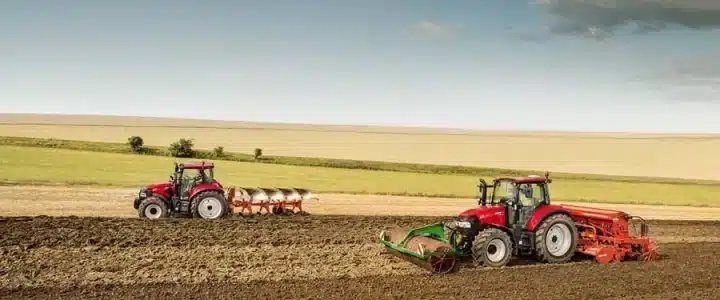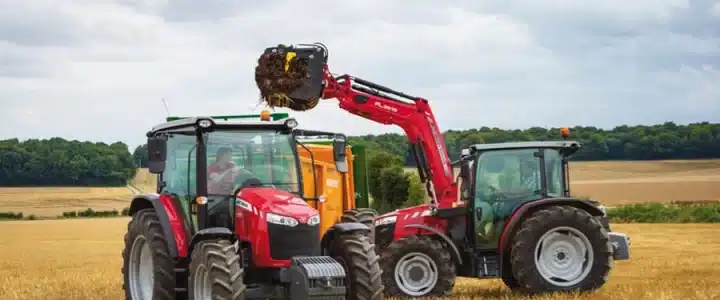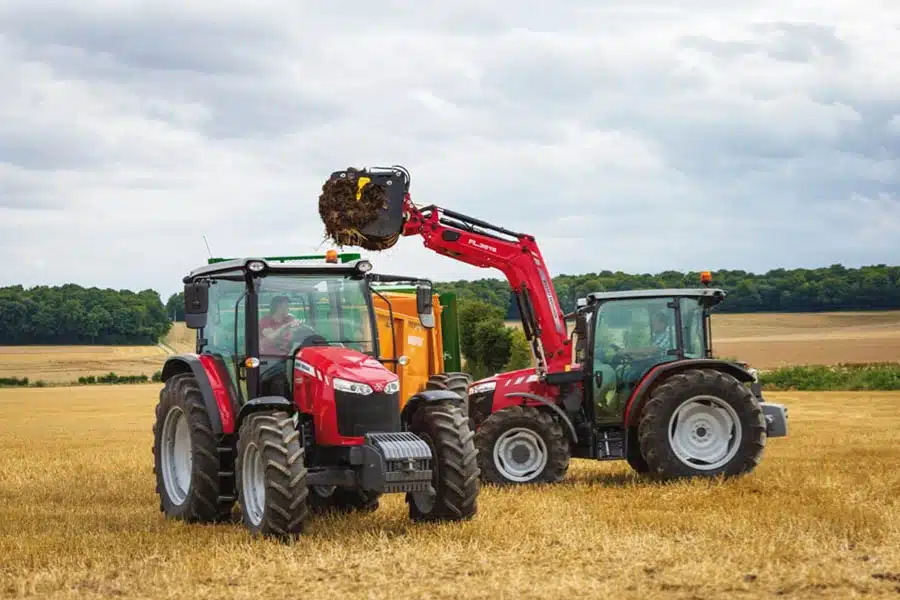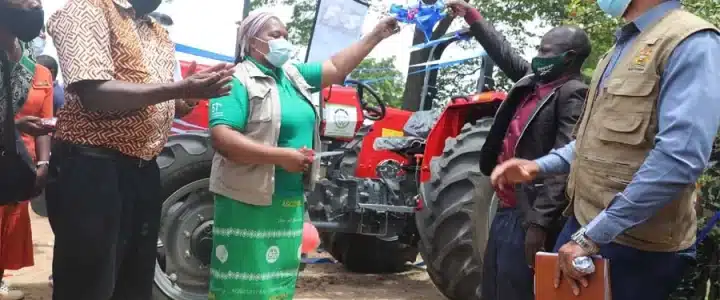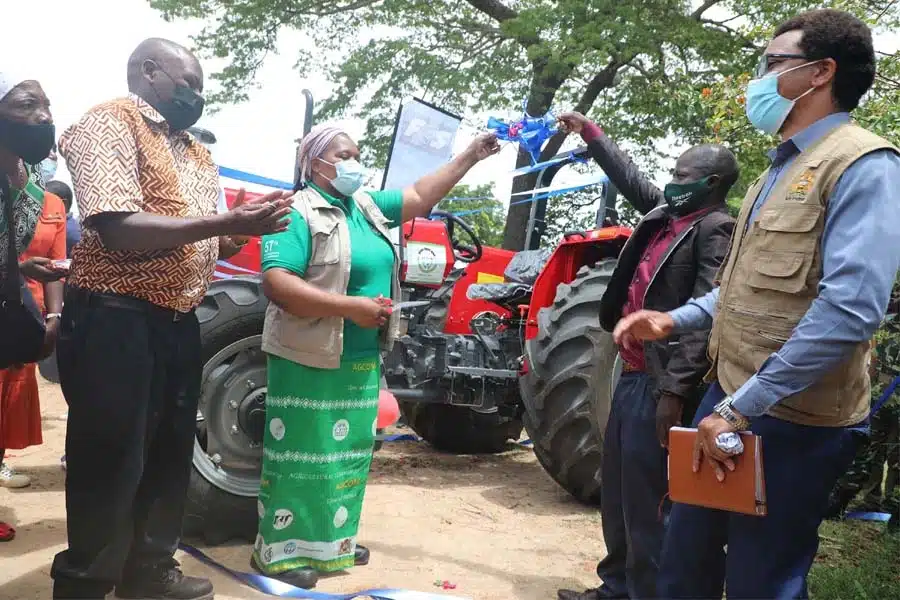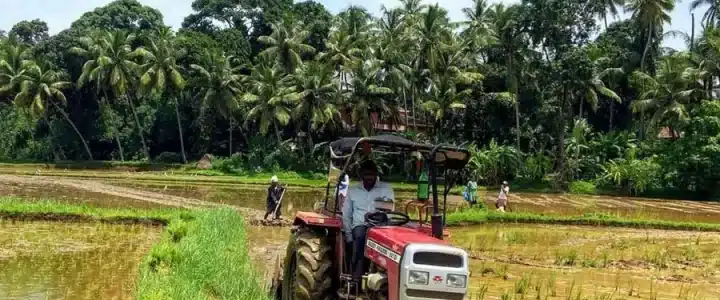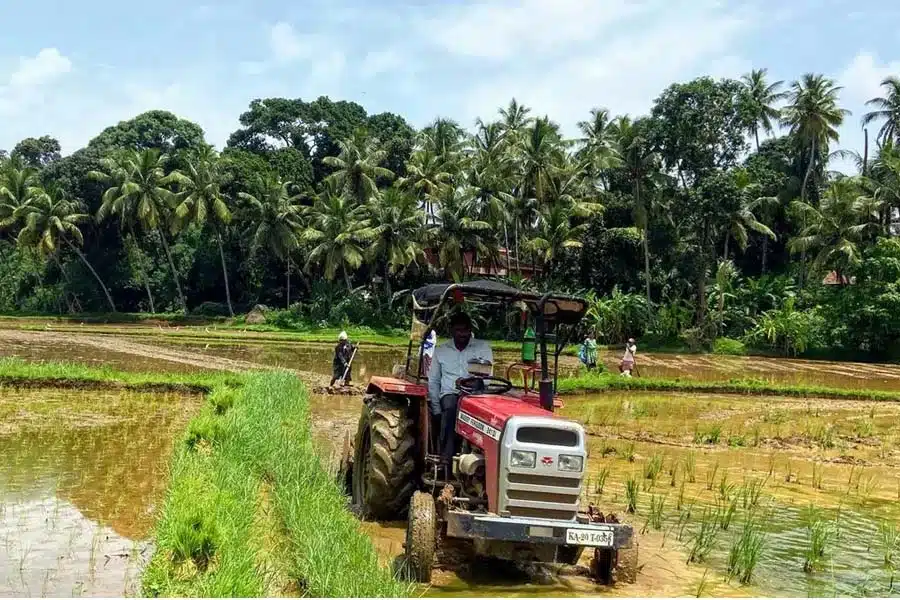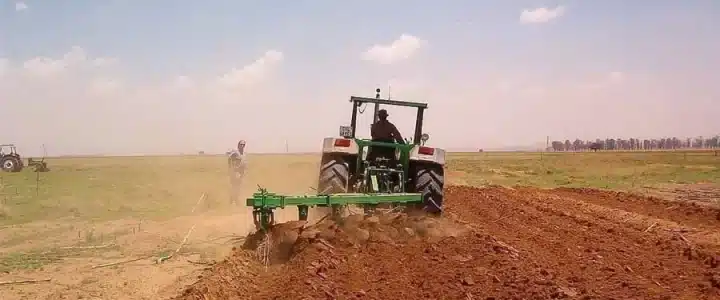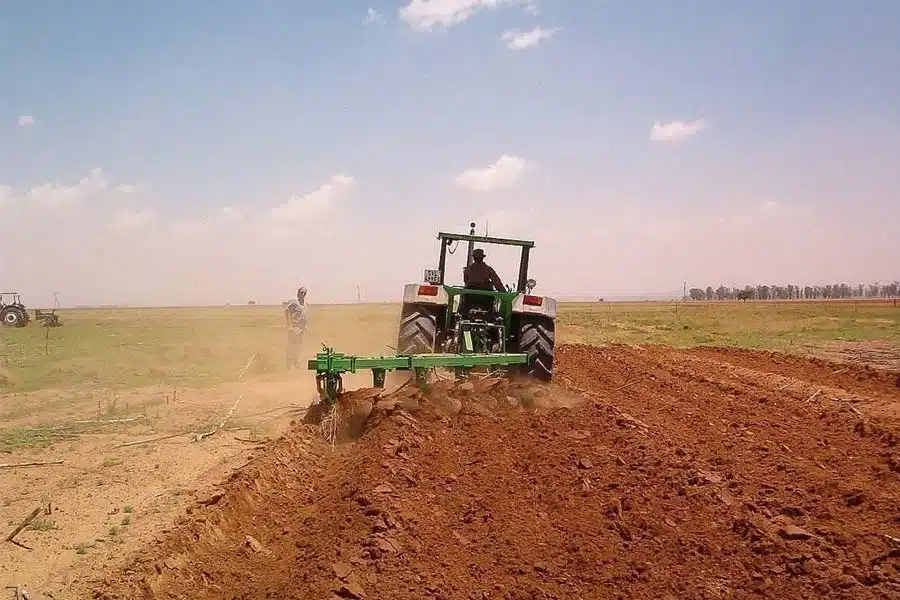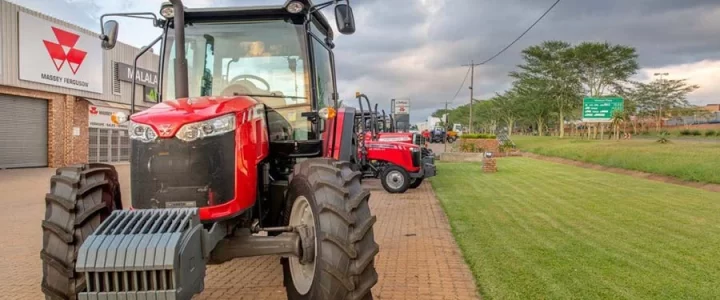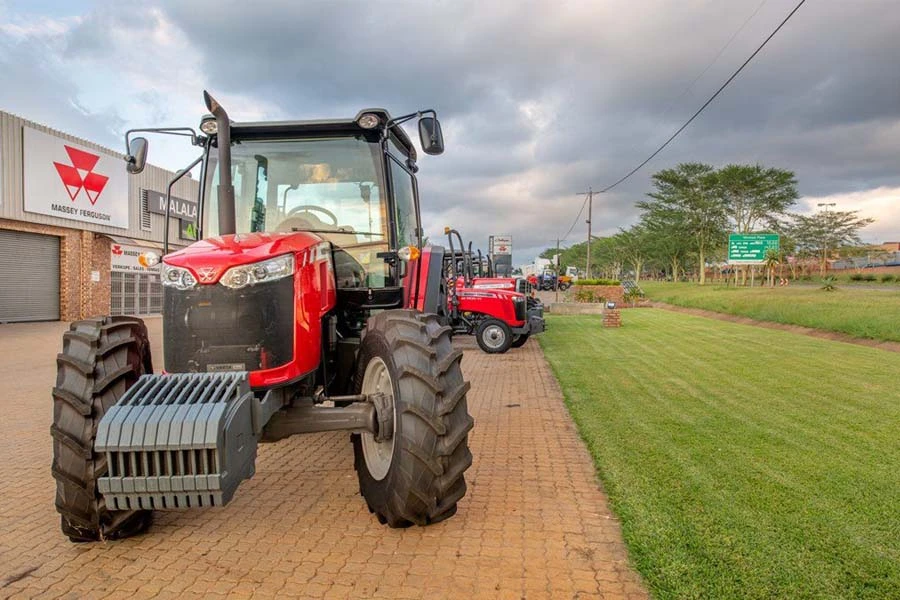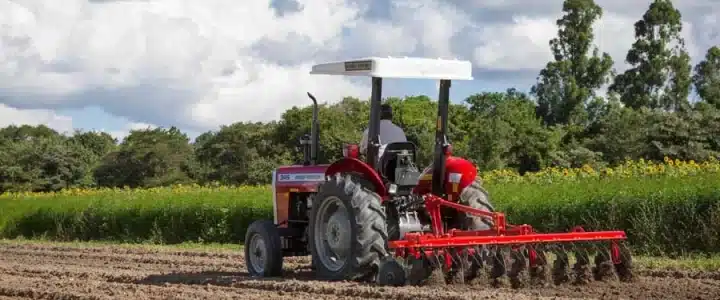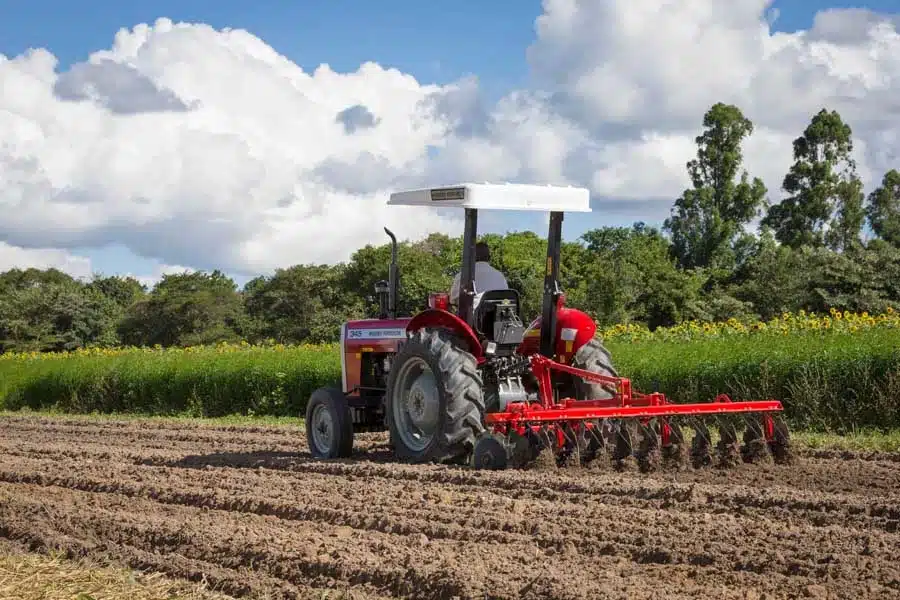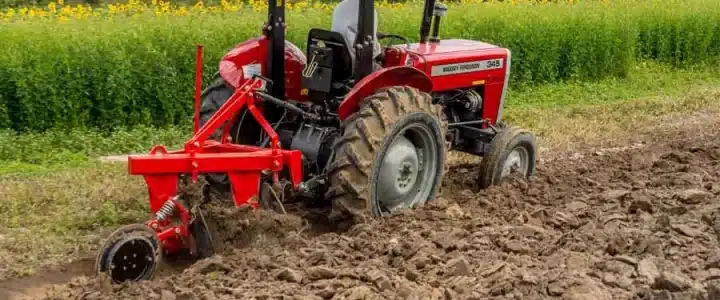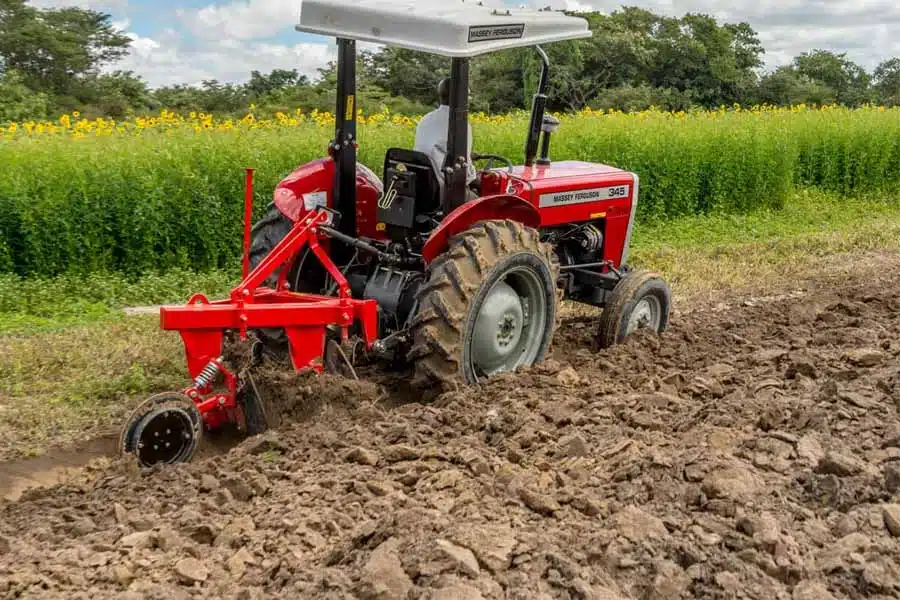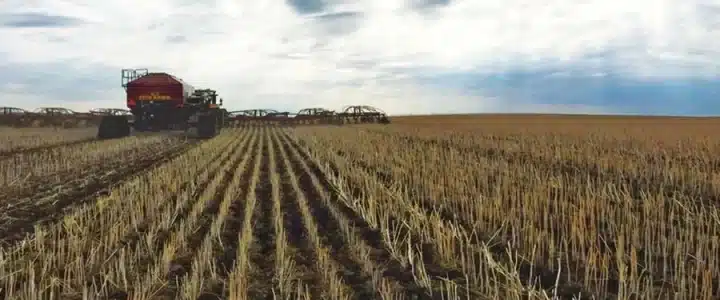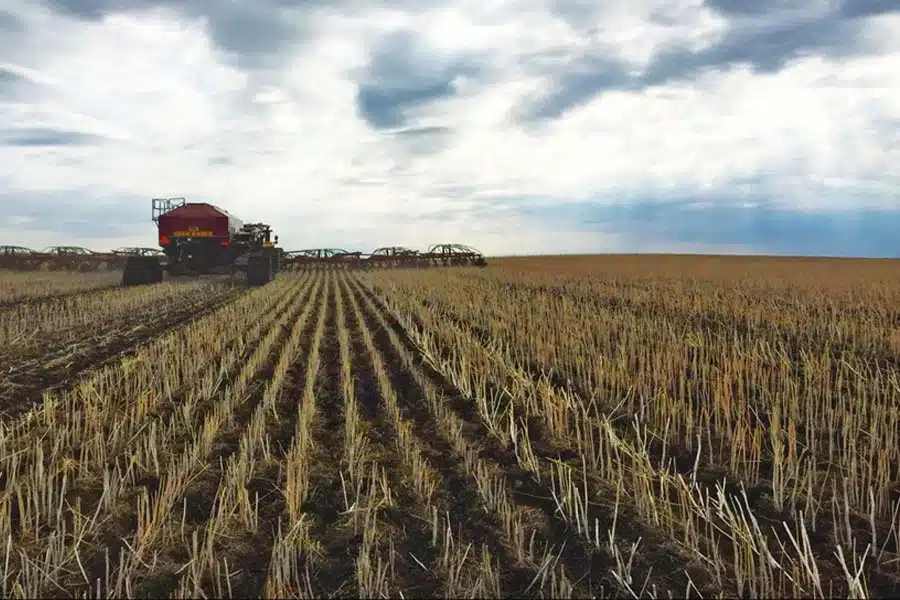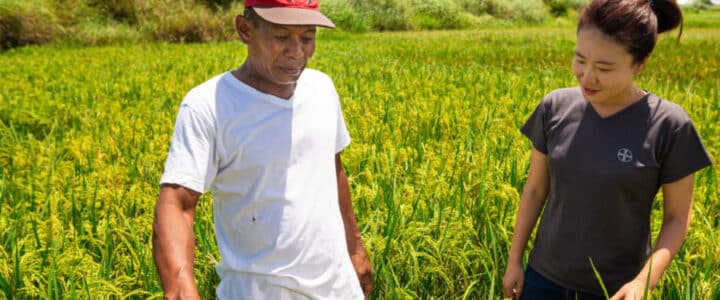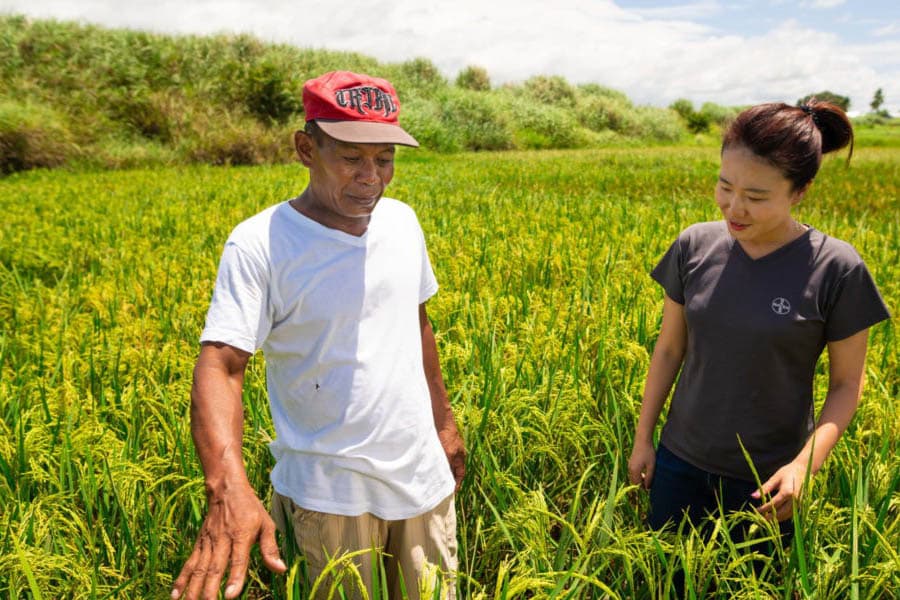In recent years, Zambia’s agricultural sector has experienced a significant transformation, bolstered by the introduction of modern farm equipment and innovative agricultural practices. At the heart of this revolution is the tractor, a symbol of progress and efficiency in farming. For Zambian farmers, investing in tractors is not just about modernization; it’s about unlocking potential, enhancing productivity, and securing livelihoods.
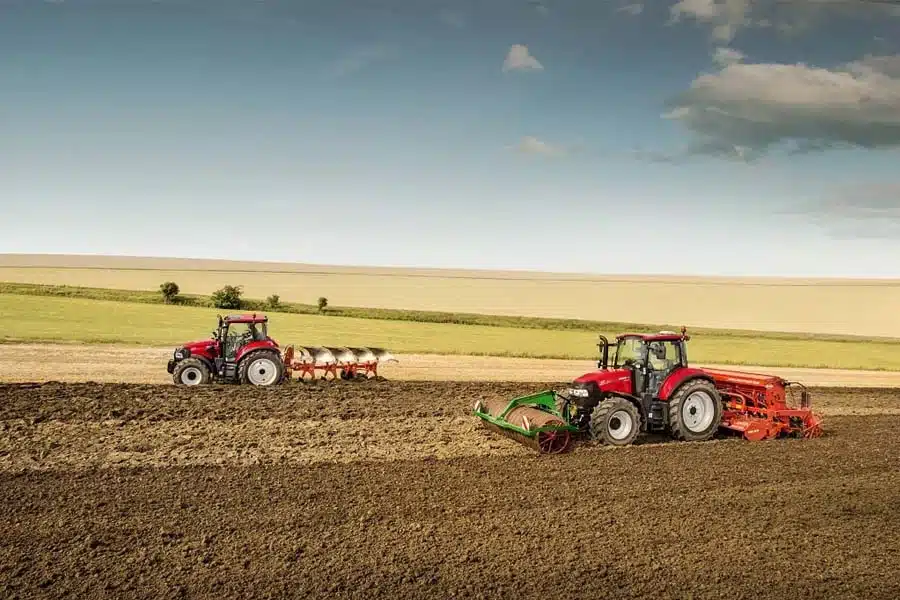
The Role of Farm Equipment in Zambian Agriculture
Zambia’s agriculture is the backbone of its economy, employing a significant portion of the population. However, challenges such as labor shortages, climate variability, and land degradation have historically hindered growth. The introduction of advanced agricultural machinery, particularly tractors, addresses these challenges head-on, offering solutions that are both effective and sustainable.
Agricultural Machinery and Its Impact
Tractors and other farm machinery have revolutionized farming practices by:
- Increasing Efficiency: Tractors significantly reduce the time taken to complete tasks such as ploughing, planting, and harvesting, allowing farmers to cover larger areas in less time.
- Enhancing Productivity: With the power to operate various tractor attachments, farmers can perform multiple tasks with precision, leading to higher yields and better-quality produce.
- Reducing Labour Costs: Mechanisation reduces reliance on manual labor, lowering costs and mitigating the impact of labor shortages.
Why Invest in Tractors?
For Zambian farmers, the decision to invest in tractors is a strategic one. Tractor investment offers numerous advantages, including:
- Durability and Longevity: Tractors are built to last, providing reliable service over many years, making them a valuable long-term investment.
- Versatility: Modern tractors can be fitted with various attachments to perform a wide range of tasks, from cultivation to transportation.
- Economic Growth: Increased productivity leads to higher incomes for farmers, fostering economic growth and development within rural communities.
Tractors PK: Leading the Way in Agricultural Innovation
Tractors PK is a trusted name in the world of agricultural machinery, known for supplying high-quality tractors and farm equipment to farmers worldwide. Our commitment to empowering farmers in Zambia is unwavering, as we continue to provide:
- A Variety of Tractor Selections: We offer a diverse range of tractors, including Massey Ferguson, New Holland, and Massive Tractors, tailored to meet the needs of Zambian farmers.
- Expert Curation: Our team of experts ensures that every piece of machinery is carefully selected and rigorously tested to guarantee performance and reliability.
- Comprehensive Support: From purchase to maintenance, Tractors PK offers unparalleled support to ensure that our customers get the most out of their investment.
To learn more about our offerings and how we can help transform your farming operations, visit our website at Tractors PK.
Building a Community of Empowered Farmers
We believe in fostering a community of empowered farmers who are equipped with the tools and knowledge needed to succeed. Our commitment to innovation and sustainability is evident in our products and services, which are designed to support the unique needs of the Zambian agricultural sector.
The integration of tractors and advanced agricultural machinery is pivotal for the growth and development of Zambia’s agricultural sector. Tractors PK is proud to lead this charge, providing farmers with the resources they need to thrive in a competitive and evolving landscape. Whether you’re a small-scale farmer or a large-scale crop producer, the benefits of investing in tractors are clear—enhanced efficiency, increased productivity, and a stronger, more resilient agricultural community.
